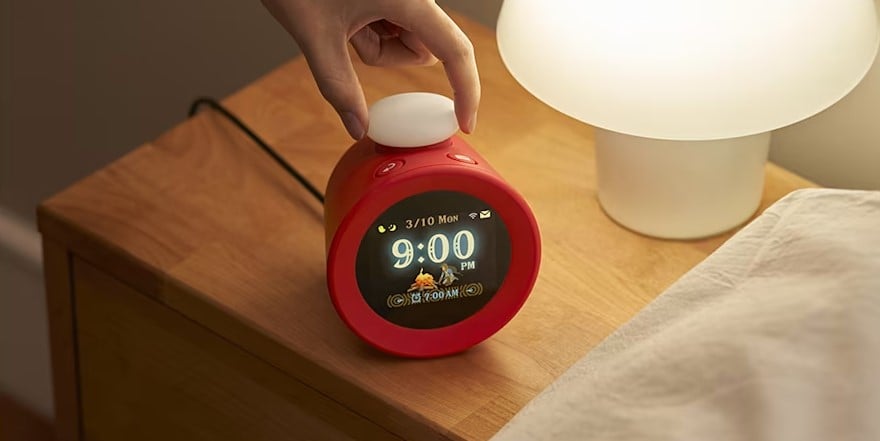BOOK THIS SPACE FOR AD
ARTICLE AD29. July 2021
This article has been indexed from Deeplinks
Court documents recently reviewed by VICE have revealed that ShotSpotter, a company that makes and sells audio gunshot detection to cities and police departments, may not be as accurate or reliable as the company claims. In fact, the documents reveal that employees at ShotSpotter may be altering alerts generated by the technology in order to justify arrests and buttress prosecutors’ cases. For many reasons, including the concerns raised by these recent reports, police must stop using technologies like ShotSpotter.
Acoustic gunshot detection relies on a series of sensors, often placed on lamp posts or buildings. If a gunshot is fired, the sensors detect the specific acoustic signature of a gunshot and send the time and location to the police. Location is gauged by measuring the amount of time it takes for the sound to reach sensors in different locations.
According to ShotSpotter, the largest vendor of acoustic gunshot detection technology, this information is then verified by human acoustic experts to confirm the sound is gunfire, and not a car backfire, firecracker, or other sounds that could be mistaken for gunshots. The sensors themselves can only determine whether there is a loud noise that somewhat resembles a gunshot. It’s still up to people listening on headphones to say whether or not shots were fired.
In a recent statement, ShotSpotter denied the VICE report and claimed that the technology is “100% reliable.” Absolute claims like these are always dubious. And according to the testimony of a ShotSpotter employee and expert witness in court documents reviewed by VICE, claims about the accuracy of the classification come from the marketing department of the […]
Read the original article: It’s Time for Police to Stop Using ShotSpotter
By continuing to use the site, you agree to the use of cookies. more information
The cookie settings on this website are set to "allow cookies" to give you the best browsing experience possible. If you continue to use this website without changing your cookie settings or you click "Accept" below then you are consenting to this.
.png)















 Bengali (Bangladesh) ·
Bengali (Bangladesh) ·  English (United States) ·
English (United States) ·